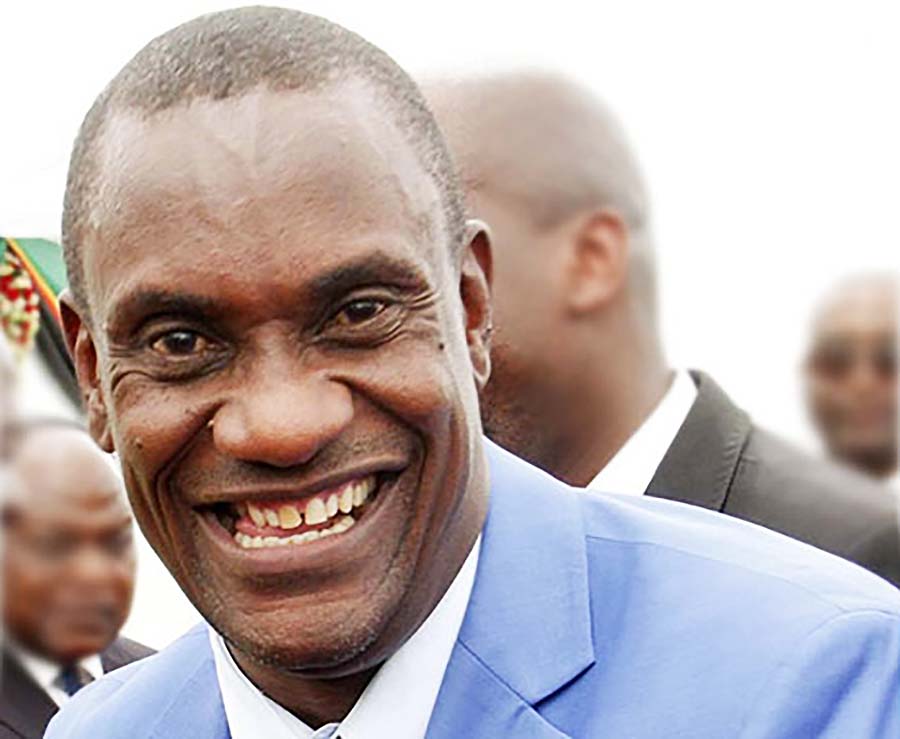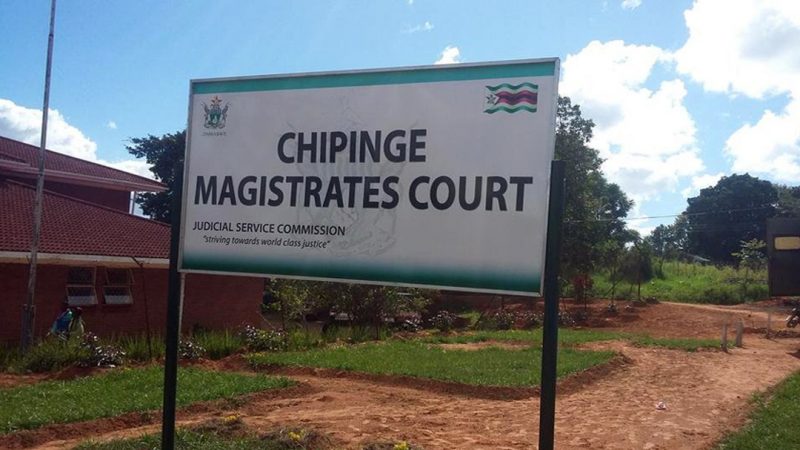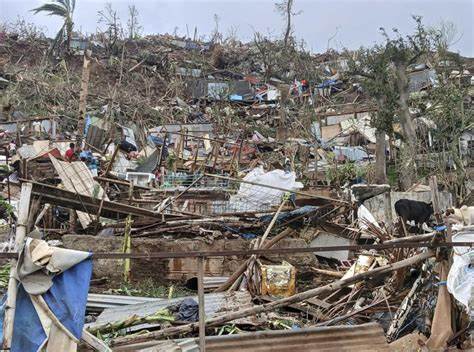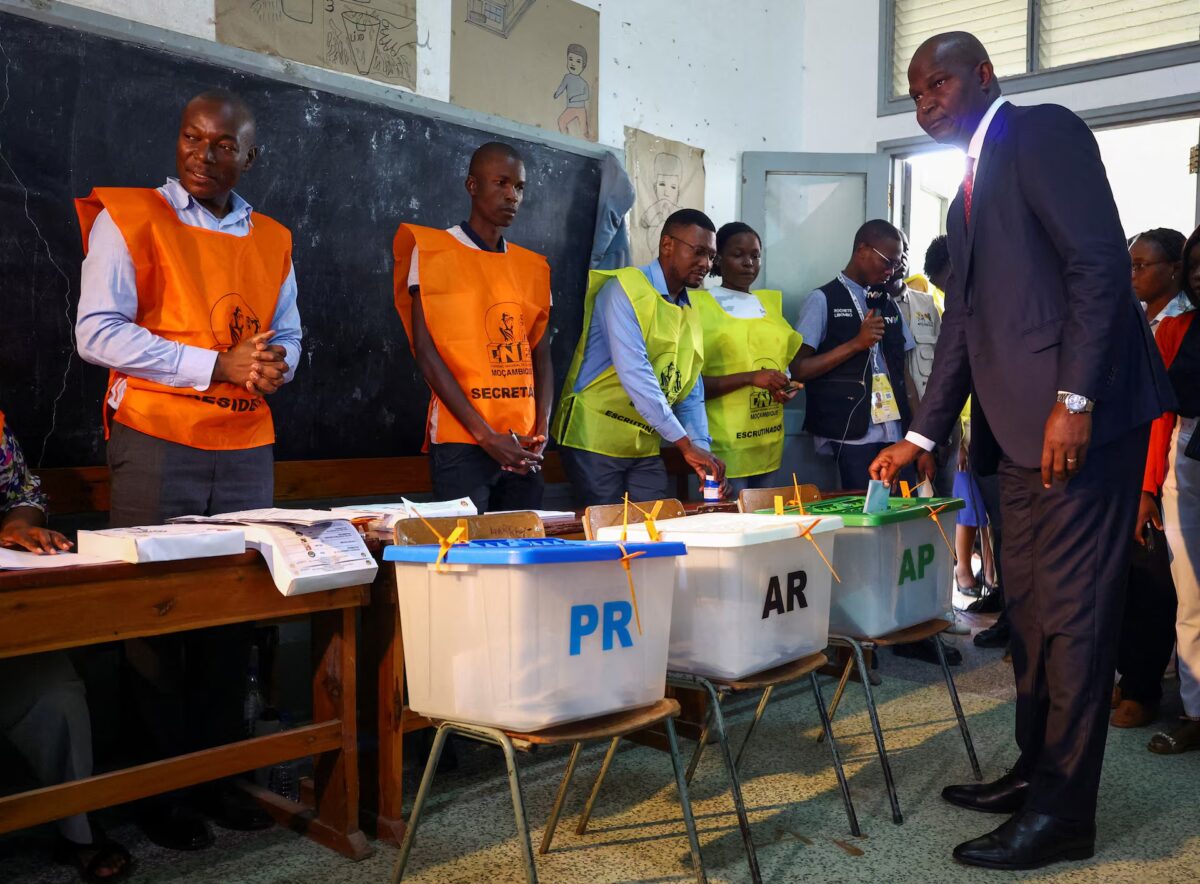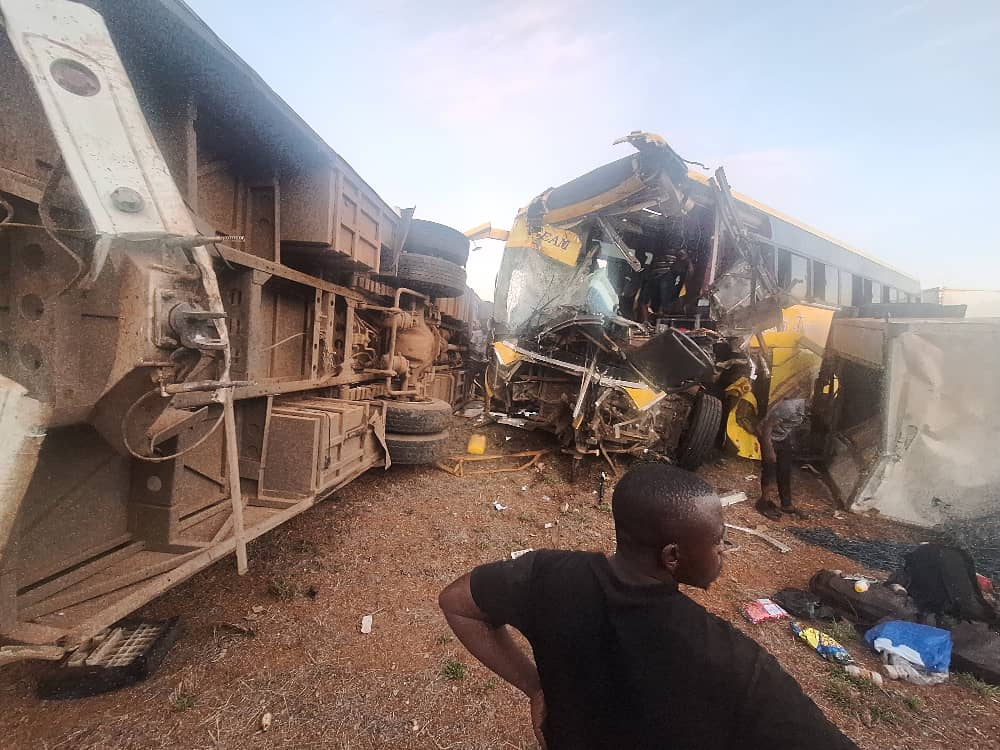WASHINGTON D.C., United States – The United States on Friday placed Zimbabwe’s State Security Minister Owen Ncube under targeted financial and travel sanctions, on the same day that the Zimbabwe government organised countrywide marches to denounce restrictive measures on 141 other individuals and entities.
United States Secretary of State Mike Pompeo, in a statement, said: “Today, I publicly designated Owen Ncube for his involvement in a gross violation of human rights in Zimbabwe. State-sanctioned violence in Zimbabwe must end now and those responsible for human rights violations must be held accountable.”
The listing of Ncube signals United States frustration over the lack of accountability in the killings of innocent civilians in August last year and January this year, as well as ongoing abductions of opposition activists and unionists by state security agents.
There was no immediate response by Zimbabwe’s government to the announcement, which is likely to bring fresh anger from the regime which on Friday declared a public holiday to press for the lifting of the sanctions in poorly-attended marches across the country.
The decision to announce the designation of Ncube on the same day as the anti-sanctions demonstrations will be read as a strong signal from President Donald Trump’s administration that the lobby for the lifting of sanctions has no takers in Washington.
On the eve of Friday’s demonstrations, United States Senate Foreign Relations Committee chairman Senator Jim Risch (R-Idaho) said Mnangagwa’s government was “distorting facts” about the sanctions regime to deflect from its failures.
“Responsibility for the current political and economic crisis in Zimbabwe falls solely on the ruling regime that has governed the country for decades. If Zimbabwe’s leaders put as much time, financial resources, and effort into delivering on their long-promised reforms as they have in distorting facts and organising ‘anti-sanctions’ campaigns, Zimbabweans would not continue to suffer under the dire economic and humanitarian conditions they face today,” Risch said.
In Harare, Bulawayo, Mutare, Gweru and Masvingo – the major cities – many stayed away from the anti-sanctions demonstrations, saying they were a distraction from the president’s mishandling of the economy, which is plagued by 18-hour daily power cuts and shortages of foreign exchange, fuel and medicines.
Mnangagwa has so far failed to unify the country since taking over from the late Robert Mugabe, who was ousted in a coup in 2017. Hopes of a swift recovery have faded as the economy struggles to exit its deepest crisis in a decade.
Human rights groups in Zimbabwe say the level of repression after Mnangagwa seized power before claiming a controversial election victory last year has gone up several notches, with over 50 activists having been abducted and tortured by suspected state security agents this year alone.
Soldiers were deployed to suppress a protest against delays in announcing results of Zimbabwe’s first election without Mugabe on the ballot in July last year. Mnangagwa unleashed the soldiers again to put down protests over sharp fuel price increases in January and February, in a crackdown that left at least 18 people dead.
The United States says it has credible information that Ncube was involved in the recent abductions and denial of the freedom of assembly to the opposition.
“The State Department has credible information that Owen Ncube was involved in gross violations of human rights in his capacity as Zimbabwe’s Minister of State for National Security,” a statement said.
“We are deeply troubled by the Zimbabwean government’s use of state-sanctioned violence against peaceful protestors, and civil society, as well as against labour leaders and members of the opposition leaders in Zimbabwe. We urge the government to stop the violence, investigate, and hold accountable officials responsible for human rights violations and abuses in Zimbabwe.”
The statement added that the United States sanctions “target those who engage in corruption, violate human rights, and undermine democratic institutions or processes.”
“State-sanctioned violence creates a culture of impunity for human rights abusers. The United States continues to support the Zimbabwean people in need, especially through humanitarian and health assistance. We will continue to press the government of Zimbabwe to implement necessary political and economic reforms to provide Zimbabwean citizens the prosperity, security, and well-being they deserve.”
The United States and the European Union, which imposed sanctions almost two decades ago over alleged rights abuses, have in recent months issued several statements warning against continued violations.
Mnangagwa’s government has made the lifting of sanctions a top priority and has held several meetings with senior officials from the United States and the European Union to lobby for that and Zimbabwe’s readmission to the Commonwealth.
Risch warned regional countries against weighing in on the side of Zimbabwe’s “kleptocratic” government.
“The ruling party should focus on the needs of the Zimbabwean people instead of their bad governance, corruption, and state capture,” he said.
“Regional institutions should also focus their energies on supporting democracy, not kleptocratic regimes,” he added in an apparent reference to the Sothern African Development Community (SADC) which has backed Mnangagwa’s calls for the lifting of the sanctions.

